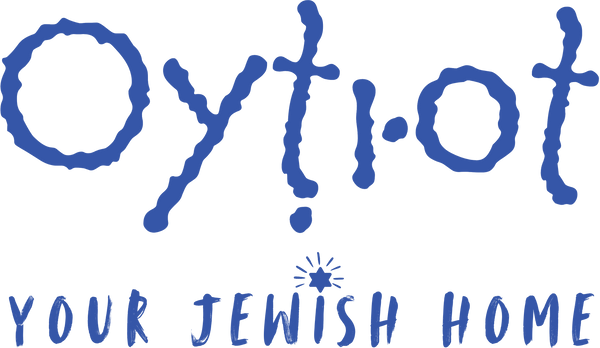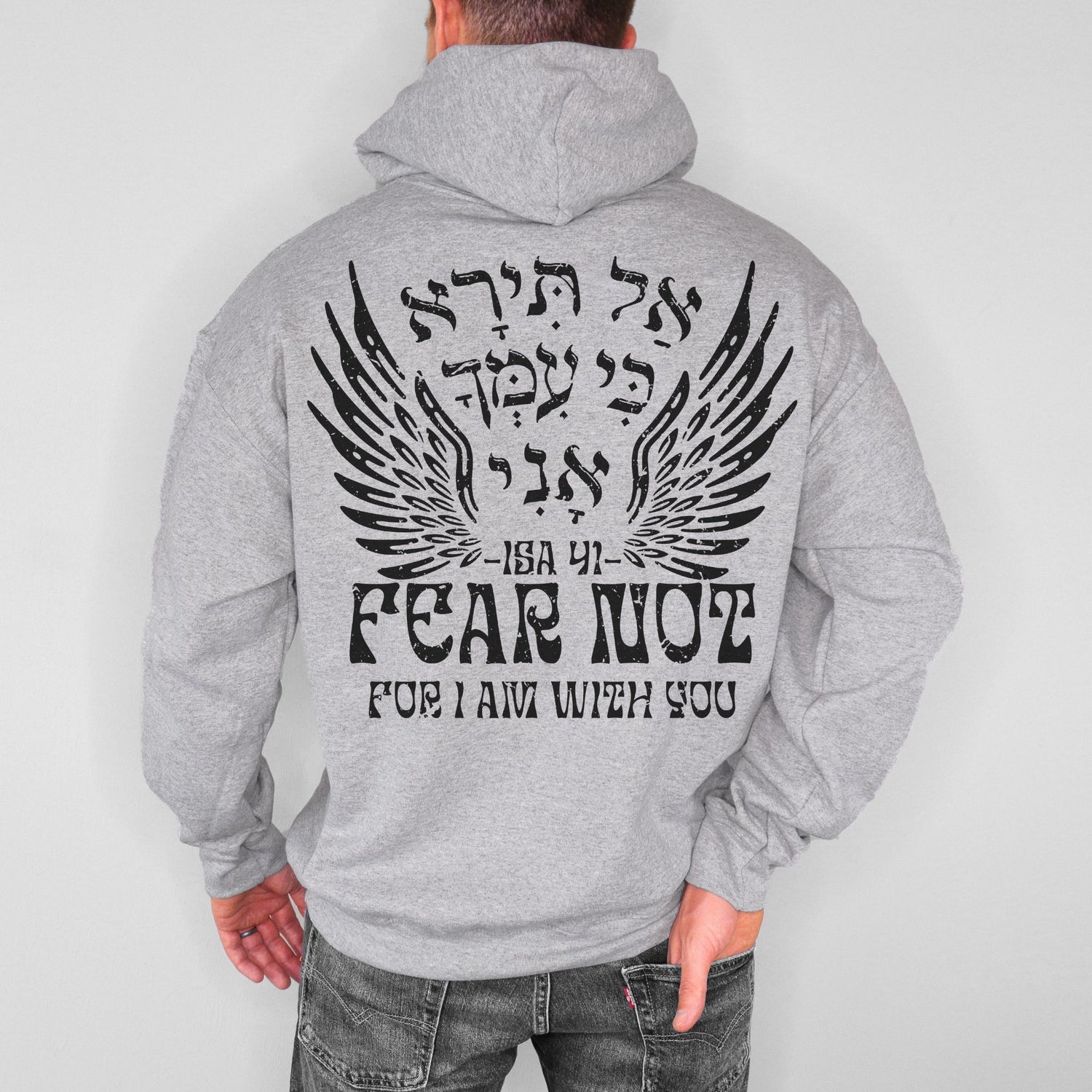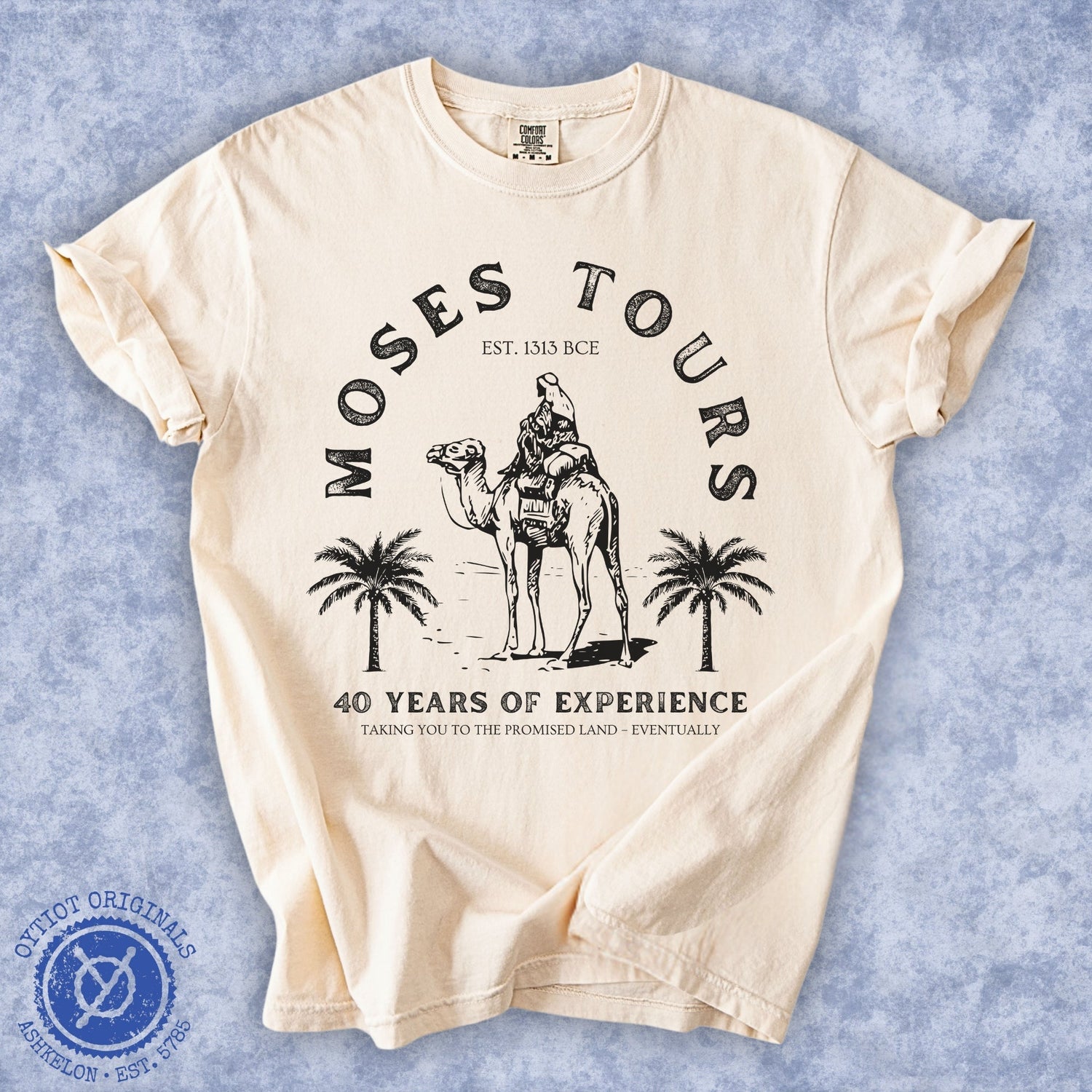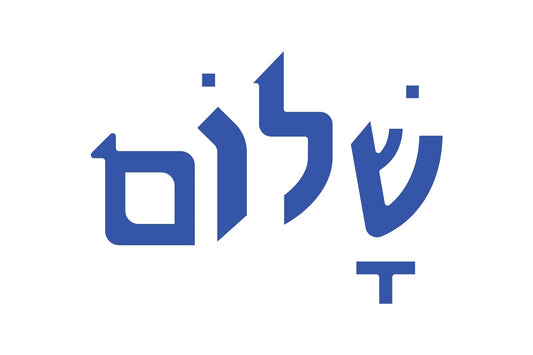
The Roots of the Hebrew Language
Exploring the Roots of the Hebrew Language: A Journey Through Time 🌍✡️
The Hebrew language is more than just a means of communication—it's a deep connection to Jewish history, culture, and identity. As one of the oldest languages in the world, Hebrew carries the soul of Judaism and the spirit of Israel, and its revival in modern times is nothing short of miraculous.
Ancient Origins and Religious Significance
Hebrew dates back thousands of years, with its roots embedded in the biblical texts of the Torah. In Jewish tradition, Hebrew is often referred to as "Lashon HaKodesh" (the Holy Language), as it was the language of the Bible and the primary language of prayer and religious study. For many centuries, Hebrew remained the sacred language of Judaism, used mainly for religious purposes, while everyday conversation happened in local dialects like Yiddish or Ladino.
Today, Hebrew still plays a vital role in Jewish religious life. Synagogue services, religious texts, and prayers across the world are conducted in Hebrew, connecting Jewish communities globally to their shared past and spiritual heritage.
Reviving a Language: Modern Hebrew
The modern revival of Hebrew is one of the most remarkable achievements in linguistic history. During the late 19th and early 20th centuries, as Jewish people began returning to their ancestral land, the desire to create a common language for all Israelis sparked the rebirth of Hebrew. Eliezer Ben-Yehuda, often considered the father of modern Hebrew, spearheaded the effort to turn Hebrew from an ancient, religious language into a vibrant, everyday spoken language in the newly emerging Jewish state.
Today, Hebrew is the official language of Israel and is spoken by millions of people around the world. Its evolution into a modern language while maintaining its ancient roots allows Israelis to communicate in a way that honors both their past and their present.
The Influence of Israeli Slang
One of the most fascinating aspects of modern Hebrew is its adaptation to contemporary culture. Israeli slang plays a significant role in shaping the language today. Influenced by Arabic, English, Russian, and other languages brought to Israel by Jewish immigrants, Hebrew has become a dynamic and ever-evolving language. Words like "סבבה" (sababa – cool) and "יאללה" (yalla – let’s go) have become staples in everyday Israeli conversation, adding flavor and personality to the language.
Israeli slang reflects the diverse and multicultural fabric of Israeli society, blending elements from all over the world into the native tongue of the Jewish people.
The Enduring Power of Hebrew in Judaism
Hebrew continues to hold tremendous religious significance for Jews worldwide. Learning Hebrew is often a key part of religious education, allowing Jewish people to connect more deeply with the Torah and other sacred texts. Whether reciting prayers or studying ancient Jewish wisdom, the Hebrew language is a vessel for spiritual connection and understanding.
For many Jews, understanding Hebrew opens a door to discovering the profound depth of Judaism, reinforcing the importance of their religion and their place in the Jewish community.
Why Hebrew Matters Today
Hebrew isn't just a language; it's a bridge between the ancient and modern worlds. It connects Jewish people to their religious roots, to Israel, and to each other. Whether you’re an Israeli speaking Hebrew on the streets of Tel Aviv, or a Jewish person studying the Torah in your local synagogue, the Hebrew language binds us together.
At Oytiot, we celebrate the power and beauty of Hebrew through our designs. From t-shirts with Israeli slang to wall art featuring ancient Hebrew verses, we strive to honor the rich history of the Hebrew language while embracing its modern-day evolution. Through our products, we invite you to carry a piece of this timeless language into your everyday life.







